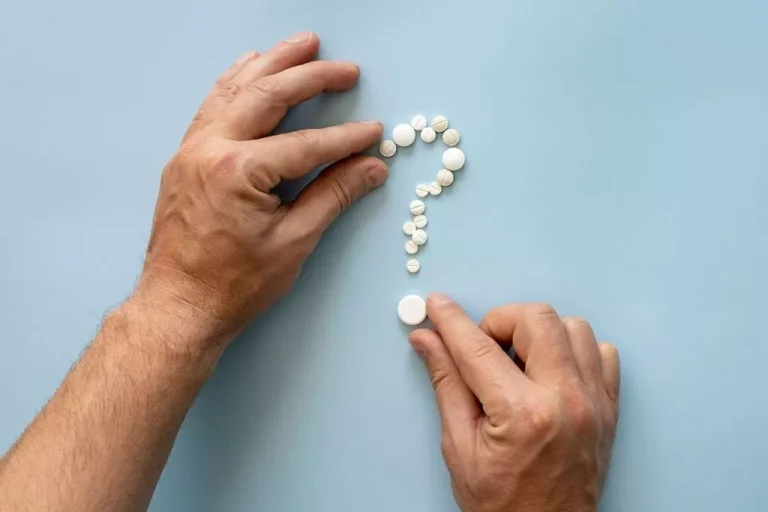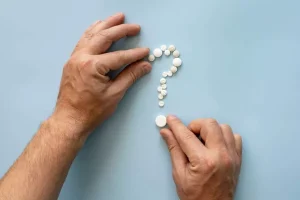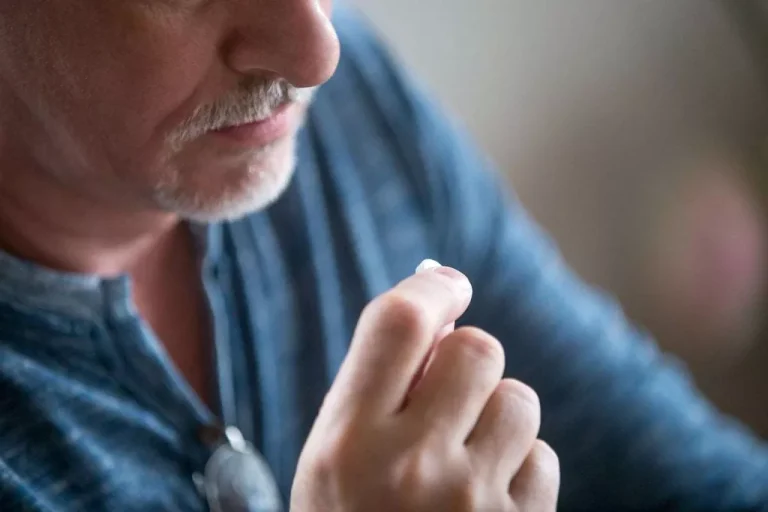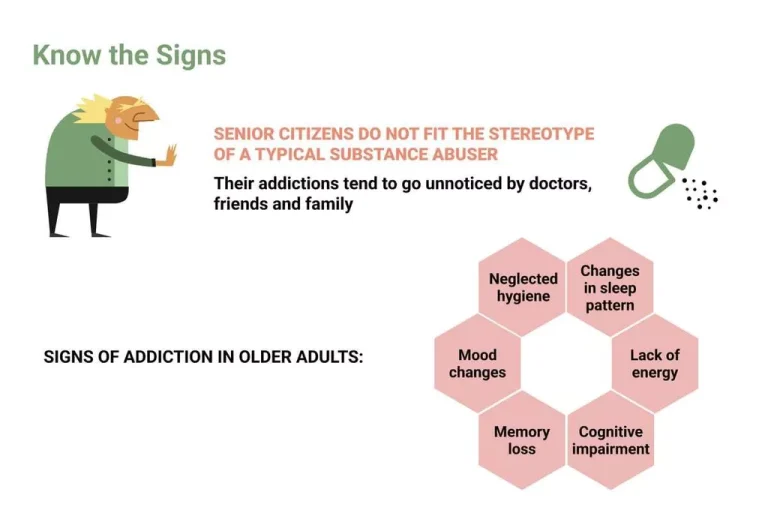
One study of 421 people found that 25% had both alcohol misuse and depression. Depression is a common and serious mood disorder, which can impact your thoughts, feelings, and behaviors. In the United States alone, an estimated 17.3 million adults have had at least one major depressive episode. Alcohol use disorders may be mild, moderate, or severe, depending on the combination of symptoms you’re experiencing, but drinking problems can exist regardless of a clinical diagnosis.
Persistent depressive disorder
- Experiencing both depression and AUD can be a difficult road, but recovery is possible.
- Depression can also be directly caused by alcohol in the case of a substance-induced disorder.
- The review authors reported that reducing alcohol intake could improve a person’s self-confidence, physical and mental quality of life, and social functioning.
- You might begin drinking more regularly in order to feel better or forget about those unwanted emotions and memories.
- However, a prospective followup of 204 Danish COA’s and control subjects by Knop and colleagues1 demonstrated no differences between the 2 groups by age 20 with respect to either depressive or anxiety disorders.
Panic attacks that are likely to develop during alcohol withdrawal are also likely to diminish in frequency and intensity on their own without medications (Schuckit and Hesselbrock 1994). Because little evidence exists of an increased risk for obsessive-compulsive disorder among alcoholics, pharmacological treatments aimed at this severe anxiety condition also are inappropriate in the absence of additional evidence of an independent anxiety syndrome. Second, the possibility that a longer term anxiety or depressive disorder exists in an alcoholic must always be considered. Perhaps 10 percent of men and 10 to 20 percent of women in the general population develop severe anxiety or depressive disorders (Regier et al. 1990); therefore, it would be logical to expect that at least this proportion of alcoholics also would have similar syndromes.

Can you have alcohol anxiety without having an anxiety disorder?
Finally, the assumption that common areas of construct space exist across the disciplines of psychiatry, psychology, and neuroscience is open to debate. For example, medically oriented researchers might view subclinical negative affect as qualitatively rather than quantitatively distinct from diagnosed anxiety disorders. Similarly, it could be argued that dysregulated biological stress responses share little construct space with subjective negative affect and drinking to cope.
Therapy
- Finally, the assumption that common areas of construct space exist across the disciplines of psychiatry, psychology, and neuroscience is open to debate.
- Children who have major depression as a child may drink earlier in life, according to one study.
- Understanding these parameters could make a valuable contribution toward using the stress system as a recovery biomarker.
- Persistent depressive disorder (PDD) has milder symptoms than MDD but lasts longer.
The distinction is important, because symptoms might be only temporary, whereas true psychiatric disorders are likely to require long-term and more intensive treatments, including psychotherapy and medication. Thus, few of the investigations offered assurance that an alcoholic or alcoholic’s relative actually had a long-term psychiatric syndrome rather than a temporary alcohol-induced condition. The notion of a simple, unidirectional, causal link between co-occurring disorders is not supported by the findings reviewed in this article. A prospective study has shown that either experiencing clinical-level anxiety or engaging in chronic alcohol misuse increases the risk of developing the other.21 In addition, clinical research shows that effectively treating one https://ecosoberhouse.com/ co-occurring condition does not substantively affect the other. Viable explanations for the relationship between co-occurring conditions include the possibility of a common cause for both conditions or bidirectional causation between the conditions.
Alcohol Use Disorder and Depressive Disorders

In addition, your doctor may prescribe medicines that are meant to lower alcohol cravings, which can reduce your desire to drink. It’s often a lifelong commitment, but one that can improve your life, health, and well-being in the long term. A sweeping new report by the American Association for Cancer Research highlights a steady decline in deaths due to cancer and improvements in the quality of life after a cancer diagnosis over the past three decades. The report found the overall cancer death rate in the United States has fallen by 33% between 1991 and 2021. Remember to tell them about how much you drink or, if you’ve stopped, how long you’ve been alcohol and depression alcohol-free.


The Centers for Disease Control and Prevention has found that 9 out of 10 adult binge drinkers don’t have a severe alcohol use disorder, but that doesn’t mean alcohol isn’t a problem for them. Drinking to cope with depression, no matter if you have an alcohol use disorder, is concerning. Individuals with alcohol use disorder often develop a physical dependency on alcohol.


